The Bhagavad Gita explains love as devotion, equality, and surrender to God. Learn the hidden wisdom about love in...
Who Wrote the Bhagavad Gita?
Who Wrote the Bhagavad Gita? – A Complete Guide to Its Authorship, Origins, and Legacy
Introduction
The Bhagavad Gita—often referred to as the “Song of God”—is one of the most revered spiritual texts in the world. It is not only a cornerstone of Hindu philosophy but also a universal guide for life, morality, and self-realization. For centuries, readers and scholars have pondered over a fundamental question: Who wrote the Bhagavad Gita?
The answer, however, is not as straightforward as it may seem. While many attribute the authorship to Ved Vyasa, the great sage who compiled the Mahabharata, others consider Lord Krishna Himself to be the true speaker of the Gita. This dual perspective makes the Bhagavad Gita both a divine revelation and a historical scripture.
In this detailed article, we will explore the authorship of the Bhagavad Gita, the historical context of its writing, the role of Ved Vyasa, the divine role of Krishna, and how the question of authorship influences the way we read and interpret this sacred text.
Historical Context of the Bhagavad Gita
The Bhagavad Gita is a 700-verse scripture found in the Mahabharata, one of the longest epics in world literature. Specifically, it is part of the Bhishma Parva (Book of Bhishma) of the Mahabharata.
- Timeframe: Scholars estimate that the Mahabharata was composed between 400 BCE and 400 CE, though the events it describes are believed to have taken place much earlier.
- Setting: The Gita is set on the battlefield of Kurukshetra, where the Pandavas and the Kauravas prepared to fight the great war.
- Context: At the heart of this battlefield, Arjuna, the warrior prince, is overcome with moral confusion and despair. Lord Krishna, his charioteer, then delivers the timeless wisdom of the Gita.
Who Actually Wrote the Bhagavad Gita?
1. Ved Vyasa – The Compiler and Author of the Mahabharata
The most widely accepted view is that Ved Vyasa (also known as Krishna Dvaipayana Vyasa) wrote down the Bhagavad Gita as part of the Mahabharata. Vyasa is revered as one of the greatest sages in Indian tradition.
- Role in Authorship: Vyasa compiled the Mahabharata, which includes the Gita. Therefore, in a literary sense, Vyasa is considered the author of the Bhagavad Gita.
- Why Vyasa?: Vyasa is said to have dictated the Mahabharata to Lord Ganesha, who served as his scribe. Since the Gita is embedded within this epic, Vyasa holds the credit for recording it.
- Spiritual Contribution: Beyond being a compiler, Vyasa is seen as a divine sage whose purpose was to preserve dharma through scriptures.
2. Lord Krishna – The Divine Speaker of the Gita
While Vyasa wrote the Mahabharata, the actual words of the Bhagavad Gita are spoken by Lord Krishna.
- Speaker of the Gita: On the battlefield, Krishna directly instructs Arjuna in philosophy, duty (dharma), yoga, and devotion (bhakti).
- Divine Authorship: Devotees believe that Krishna is the Supreme Personality of Godhead, and thus the Bhagavad Gita is not authored by a human but is a divine revelation.
- Timeless Wisdom: Because Krishna is eternal, His words in the Gita transcend history. This is why the Gita is regarded as an “apaurusheya” (not of human origin) scripture.
3. A Combined View – Human Recording of Divine Wisdom
To reconcile both views, many scholars and devotees say:
- Krishna is the speaker of the Gita.
- Vyasa is the writer who recorded the dialogue.
This dual authorship reflects the unique nature of the Gita: it is at once a historical scripture and a divine revelation.
The Role of Arjuna in the Gita’s Authorship
Though Arjuna is not an author, his role is crucial. Without Arjuna’s doubts and questions, the Gita would not exist. In a way, Arjuna represents all of humanity—confused, conflicted, and searching for answers. His dialogue with Krishna forms the essence of the Gita.
Thus, one could say:
- Krishna is the speaker.
- Arjuna is the seeker.
- Vyasa is the recorder.
Why the Question of Authorship Matters
Understanding who wrote the Bhagavad Gita is not just a scholarly curiosity; it shapes how we approach the text.
- For Devotees: Believing Krishna as the author deepens devotional faith. Every verse is seen as Krishna’s direct word.
- For Scholars: Identifying Vyasa as the compiler allows for historical and literary analysis.
- For Collectors and Readers: Knowing its origins adds to the value and reverence of different editions of the Gita.
Spiritual Perspective on Authorship
From a spiritual perspective, the question of “who wrote the Bhagavad Gita” may be less important than its message. Saints and teachers often emphasize:
- The Gita is eternal and relevant in every age.
- Its wisdom is meant to guide humans beyond material confusion.
- Authorship is divine because the truths it contains could not have been composed by ordinary humans.
As the Gita itself says in Chapter 4, verse 7-8:
“Whenever dharma declines and adharma rises, I manifest Myself to protect the good, destroy the wicked, and re-establish righteousness.”
Thus, Krishna’s role as the speaker of the Gita underscores its divine authorship.
Legacy of the Bhagavad Gita’s Authorship
- Philosophical Influence
- Vedantic schools—Advaita, Vishishtadvaita, and Dvaita—have all based their teachings on the Gita.
- Saints like Shankaracharya, Ramanujacharya, and Madhvacharya wrote detailed commentaries.
Global Reach
- Thinkers like Mahatma Gandhi, Albert Einstein, and Aldous Huxley admired the Gita.
- Translations in over 75 languages make it one of the most widely read scriptures in the world.
Devotional Impact
- In temples and homes, the Gita is worshipped as a holy text.
- Festivals like Gita Jayanti celebrate the day Krishna spoke the Gita.
Misconceptions About the Authorship
- Did Arjuna write the Gita? – No, he was the listener.
- Is Vyasa the ultimate author? – Yes, in terms of compiling the epic.
- Is Krishna the true author? – Yes, in terms of divine speech.
- Was it written much later by unknown poets? – While some historians debate this, the traditional belief firmly credits Vyasa.
Modern Interpretations of Authorship
Contemporary scholars often approach the Gita differently:
- Literary Perspective: Some view it as a philosophical poem embedded in the Mahabharata.
- Historical Perspective: Others analyze when it was added to the epic.
- Spiritual Perspective: Devotees accept Krishna as the Eternal speaker, beyond time and history.
Regardless of interpretation, the Gita continues to inspire readers with its timeless wisdom.
Why Knowing the Author Enriches Reading the Gita
- It deepens respect for the scripture.
- It clarifies the historical and divine dimensions of the text.
- It allows readers to connect with Krishna not only as a character but as the Supreme Teacher.
Conclusion
So, who wrote the Bhagavad Gita?
- Historically, Ved Vyasa recorded it as part of the Mahabharata.
- Spiritually, Lord Krishna is its true author, as He spoke it directly to Arjuna.
- Practically, Arjuna’s role as the seeker shaped the dialogue.
The Bhagavad Gita is thus a unique scripture where divine revelation meets human recording. Whether seen as Vyasa’s literary work or Krishna’s eternal wisdom, its value remains beyond comparison. For readers, devotees, and seekers alike, the Gita is not just about who wrote it but about how its timeless truths transform our lives.
In the end, the Bhagavad Gita is less about authorship and more about authenticity of wisdom—a scripture that continues to shine as a guiding light for humanity.
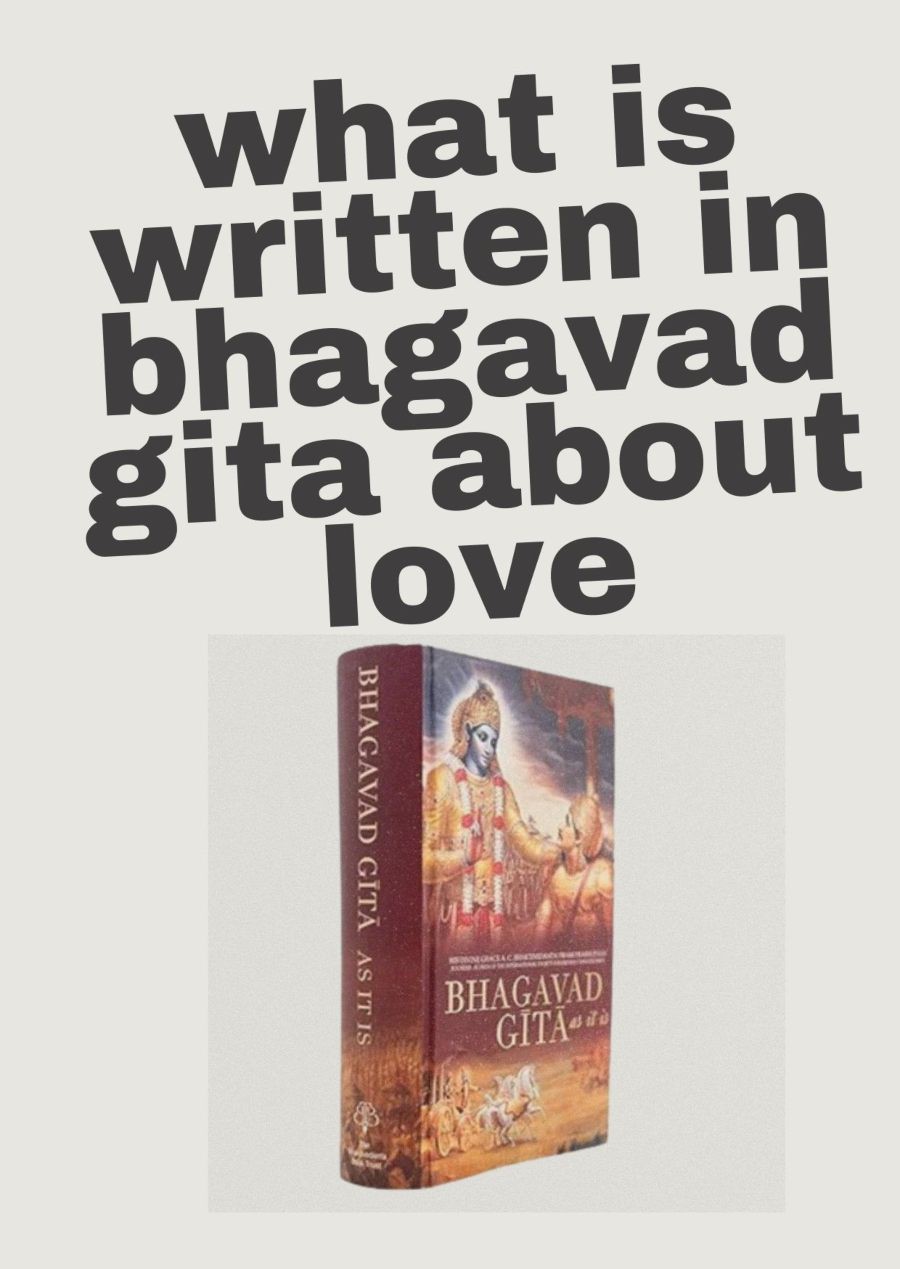
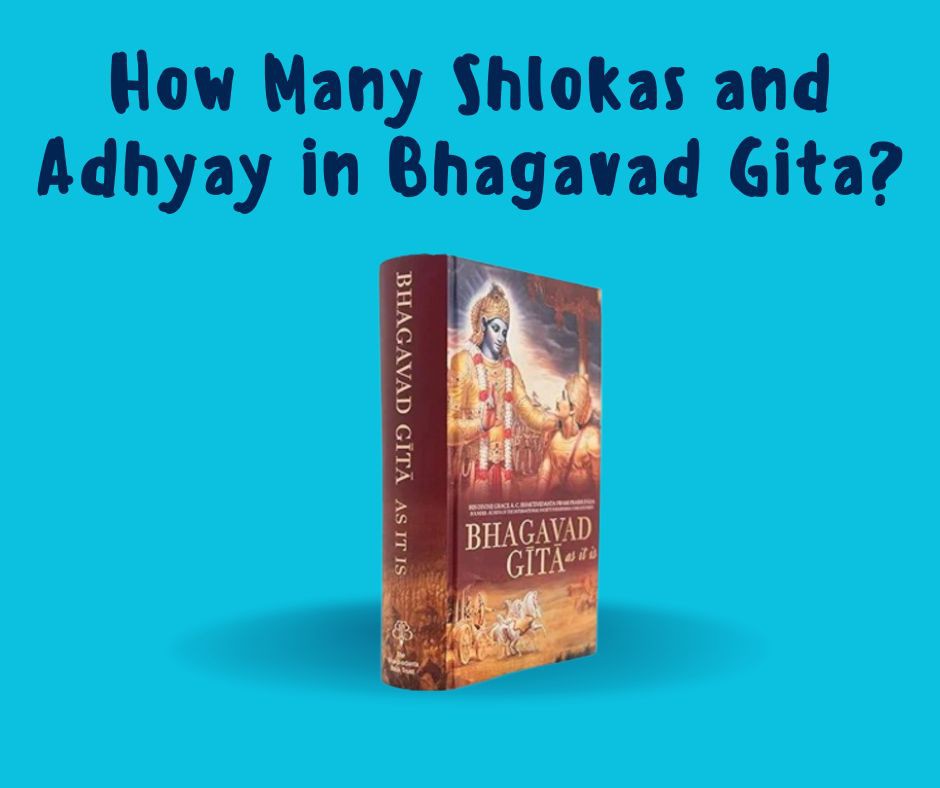
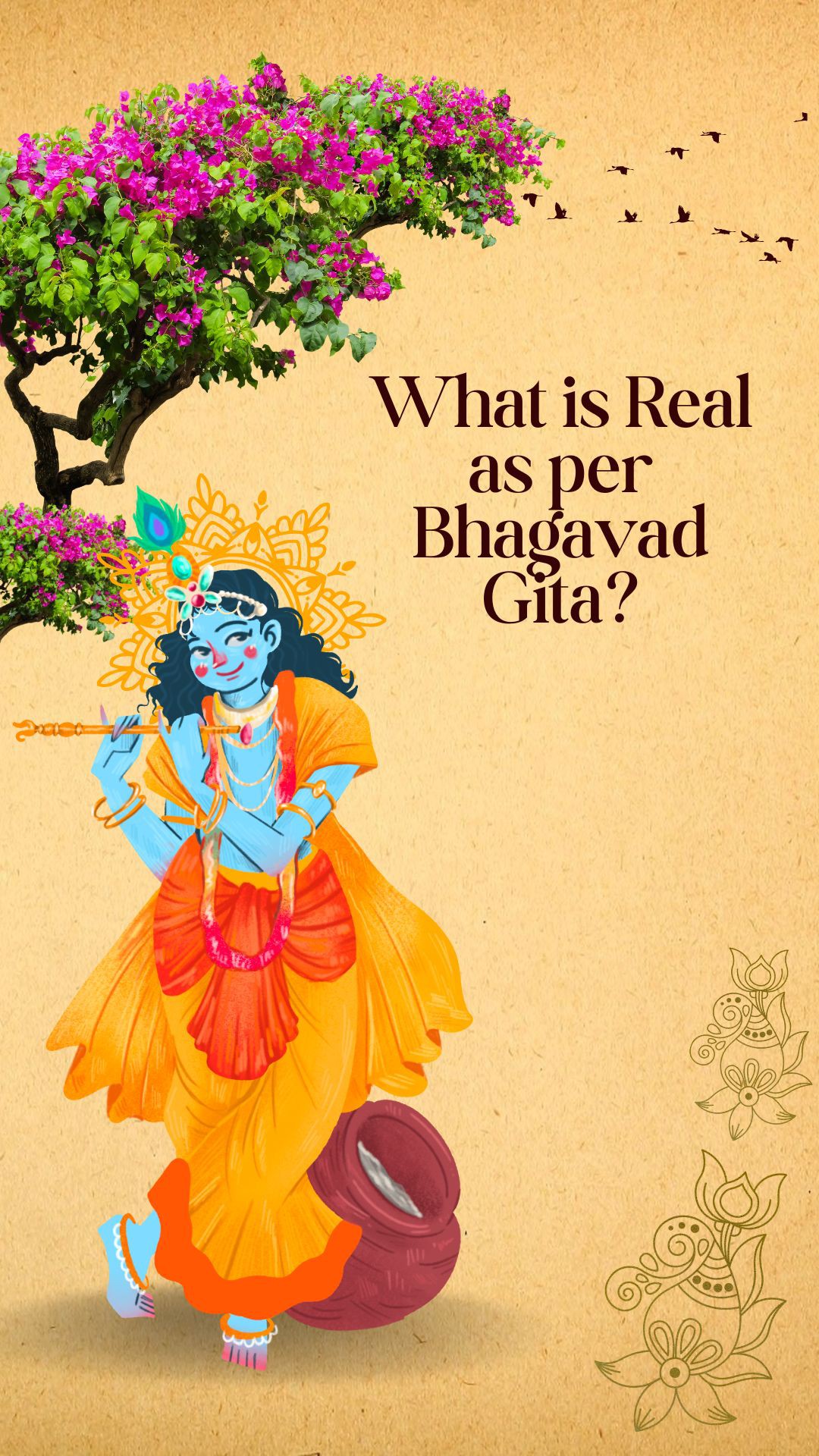
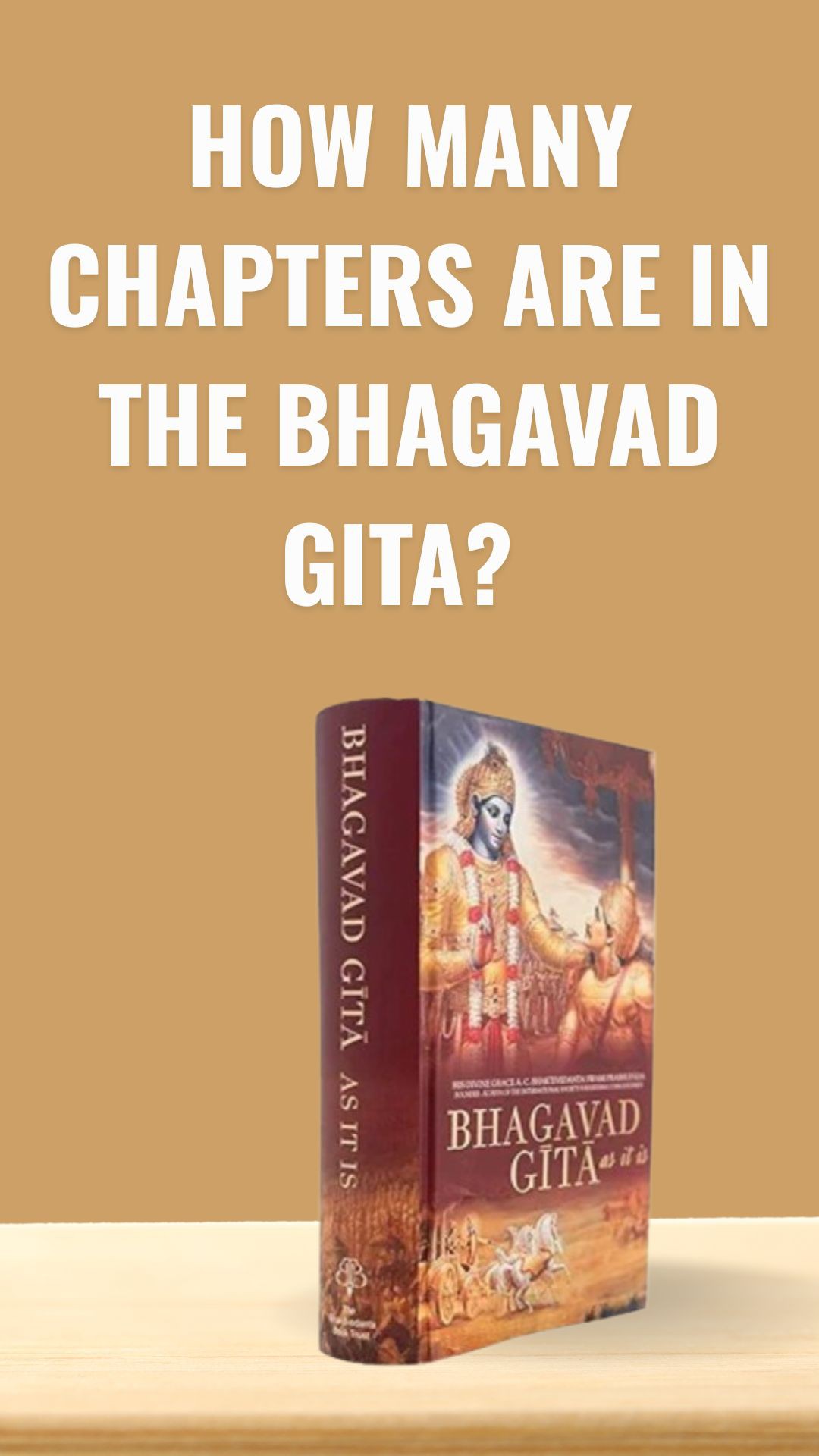
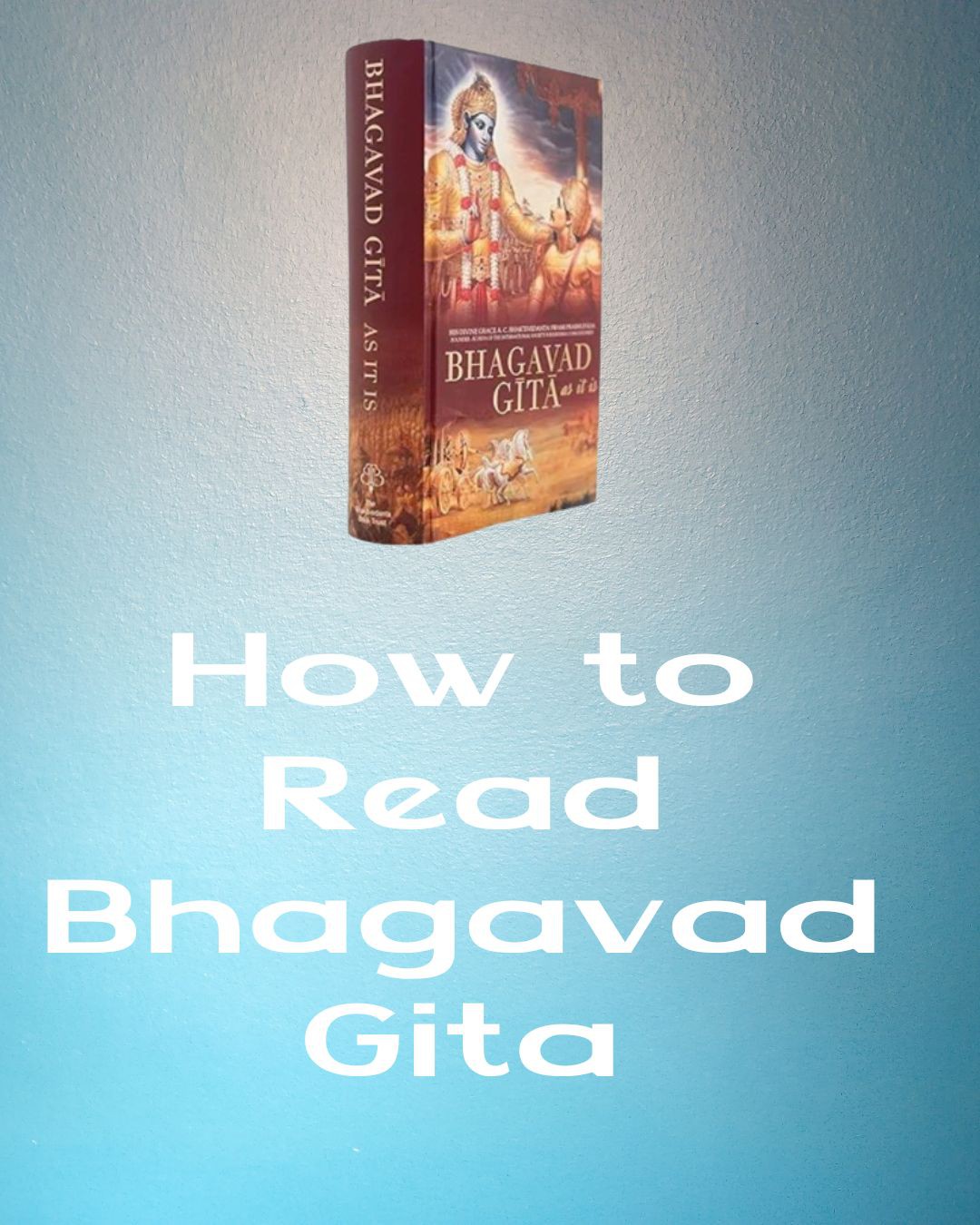
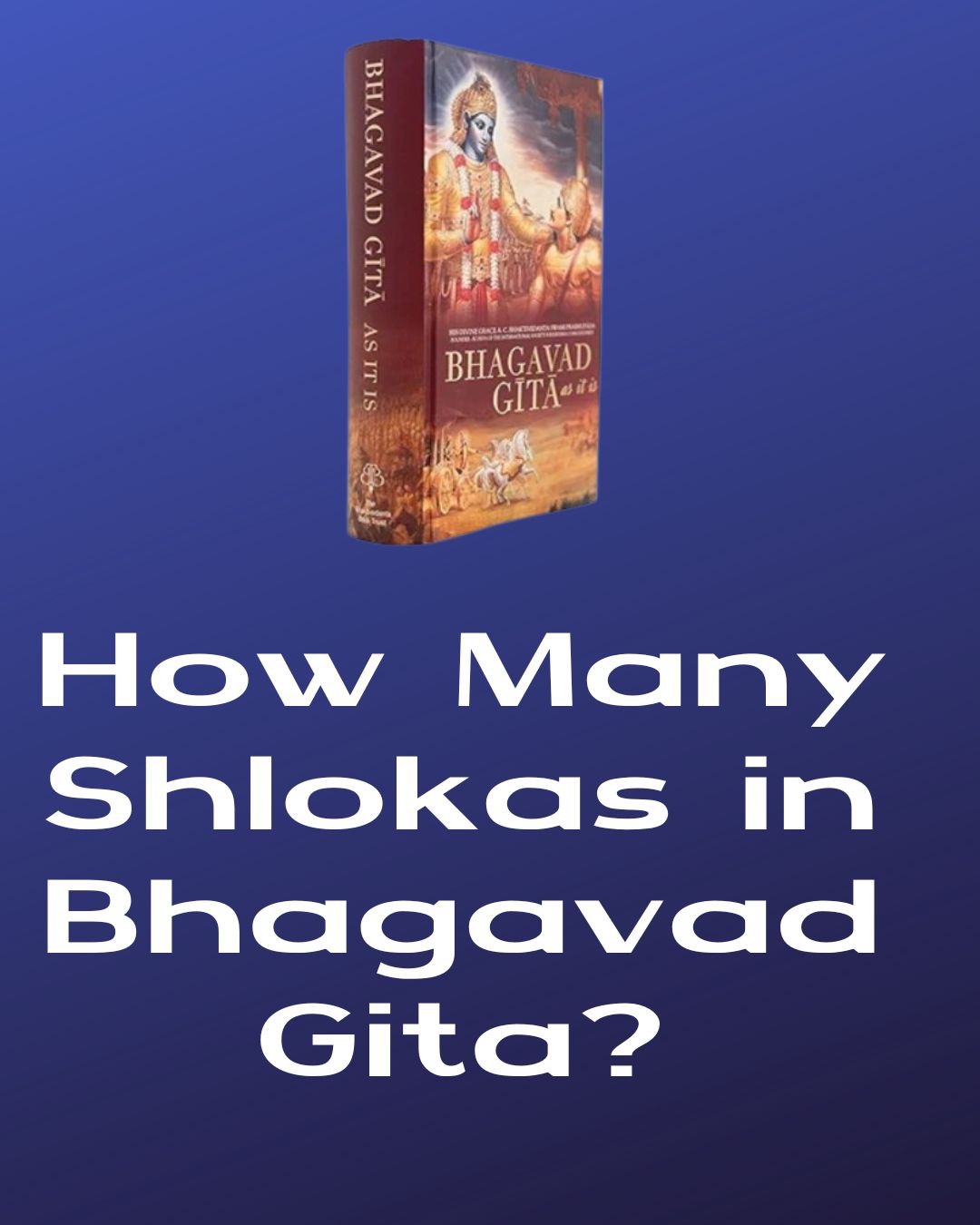
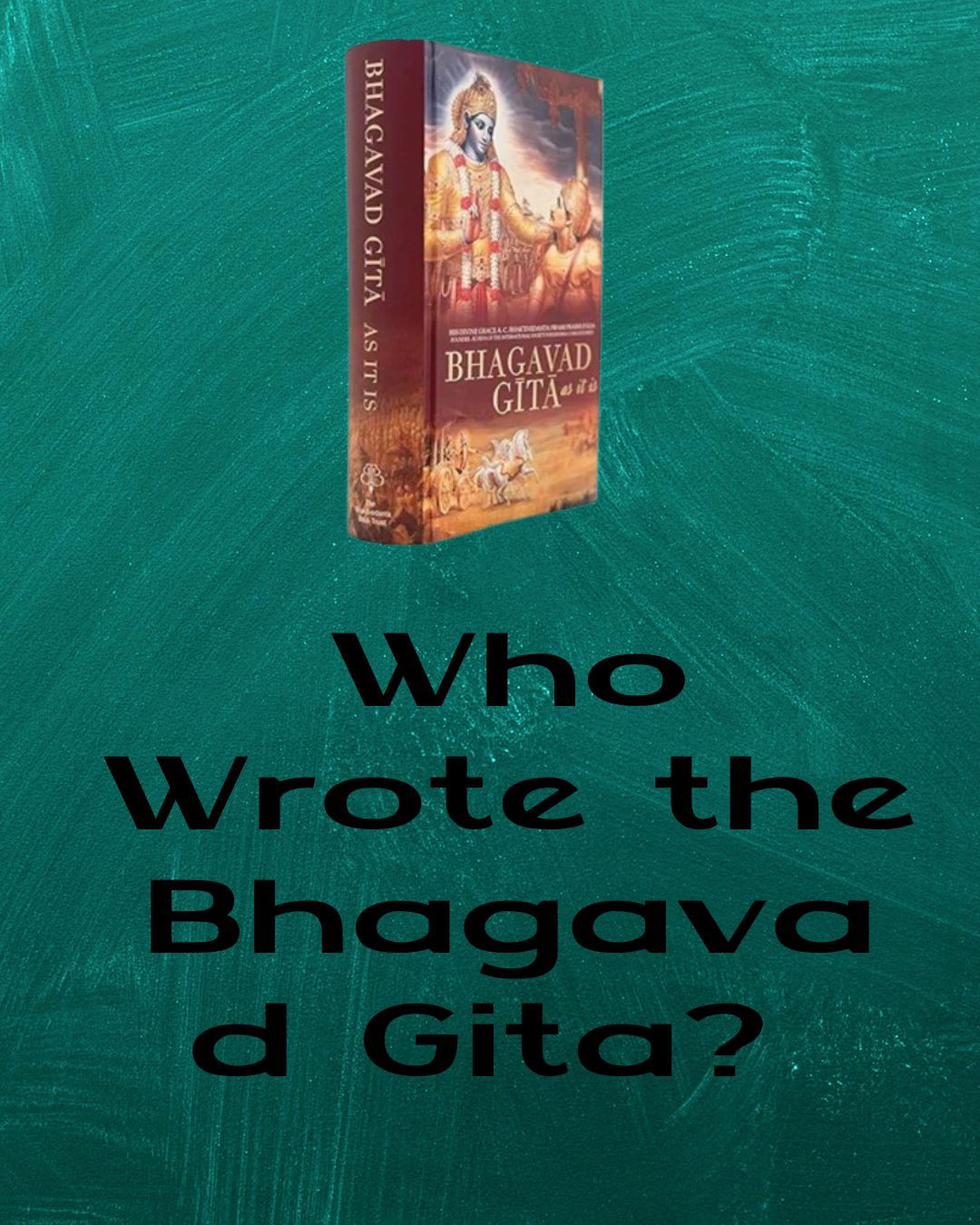


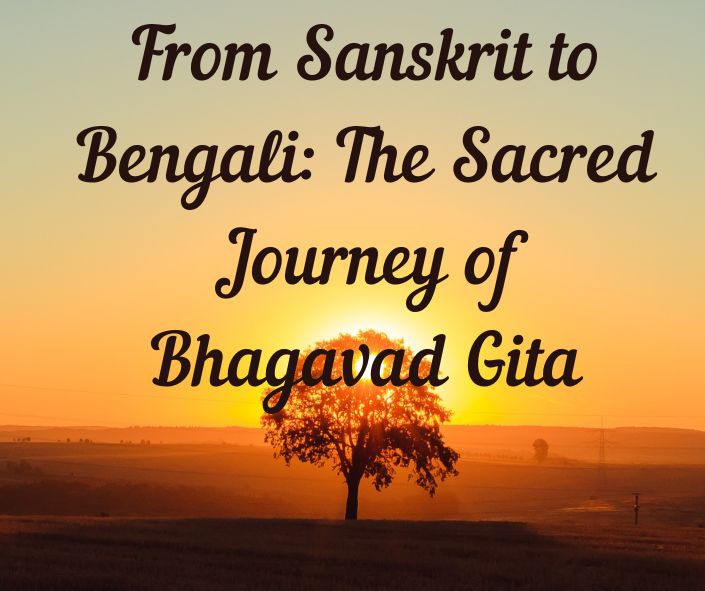
.jpg)


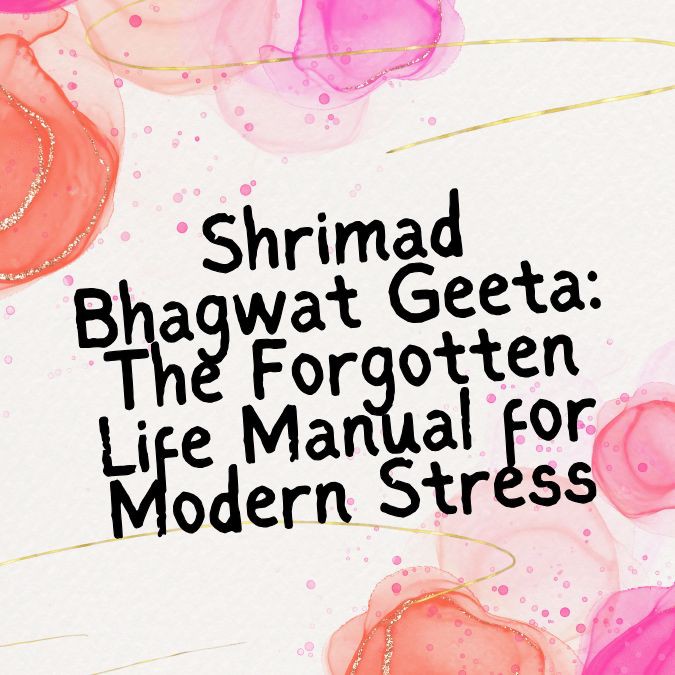
Leave a comment